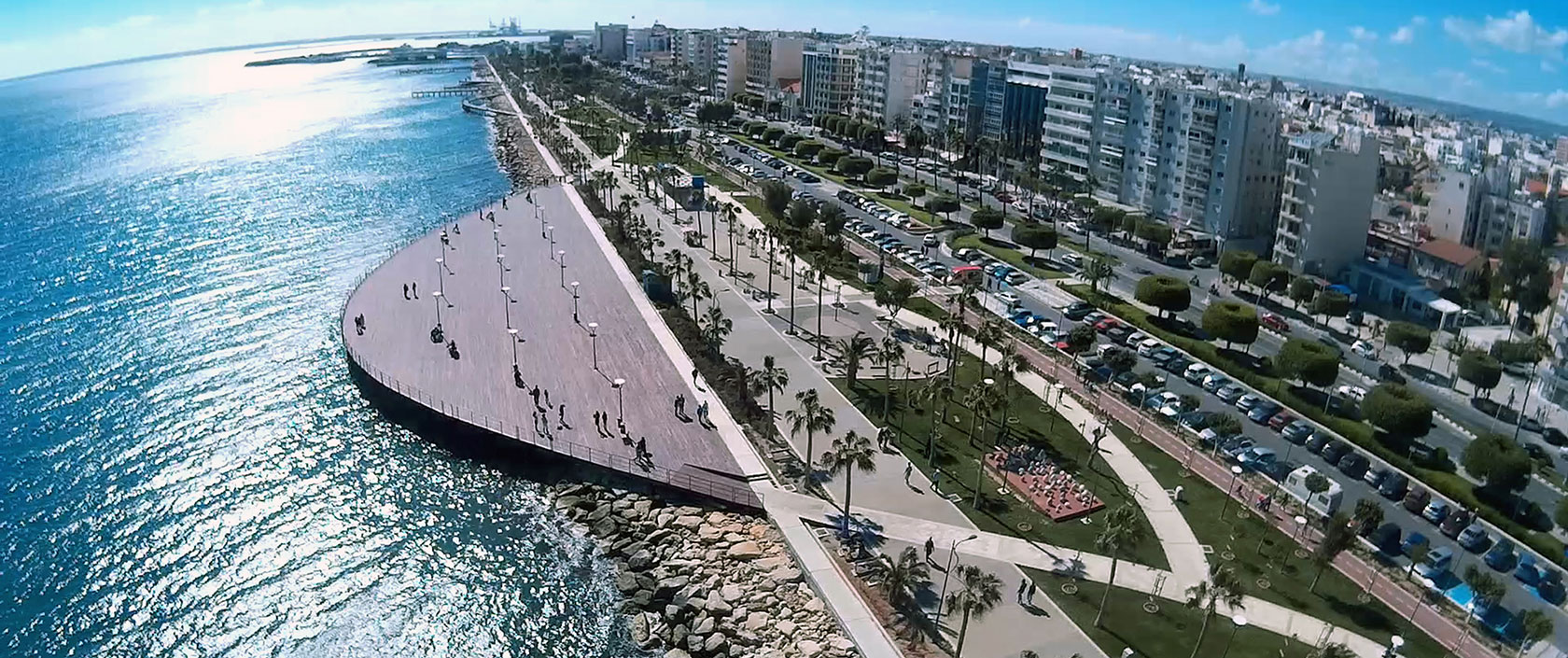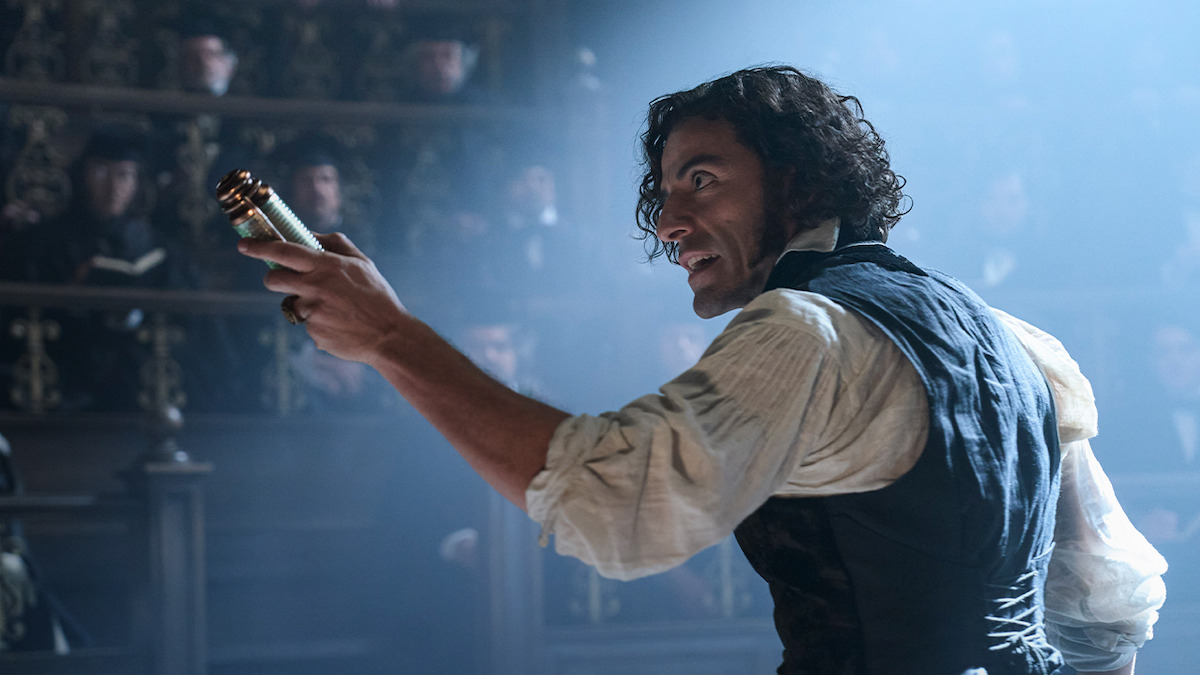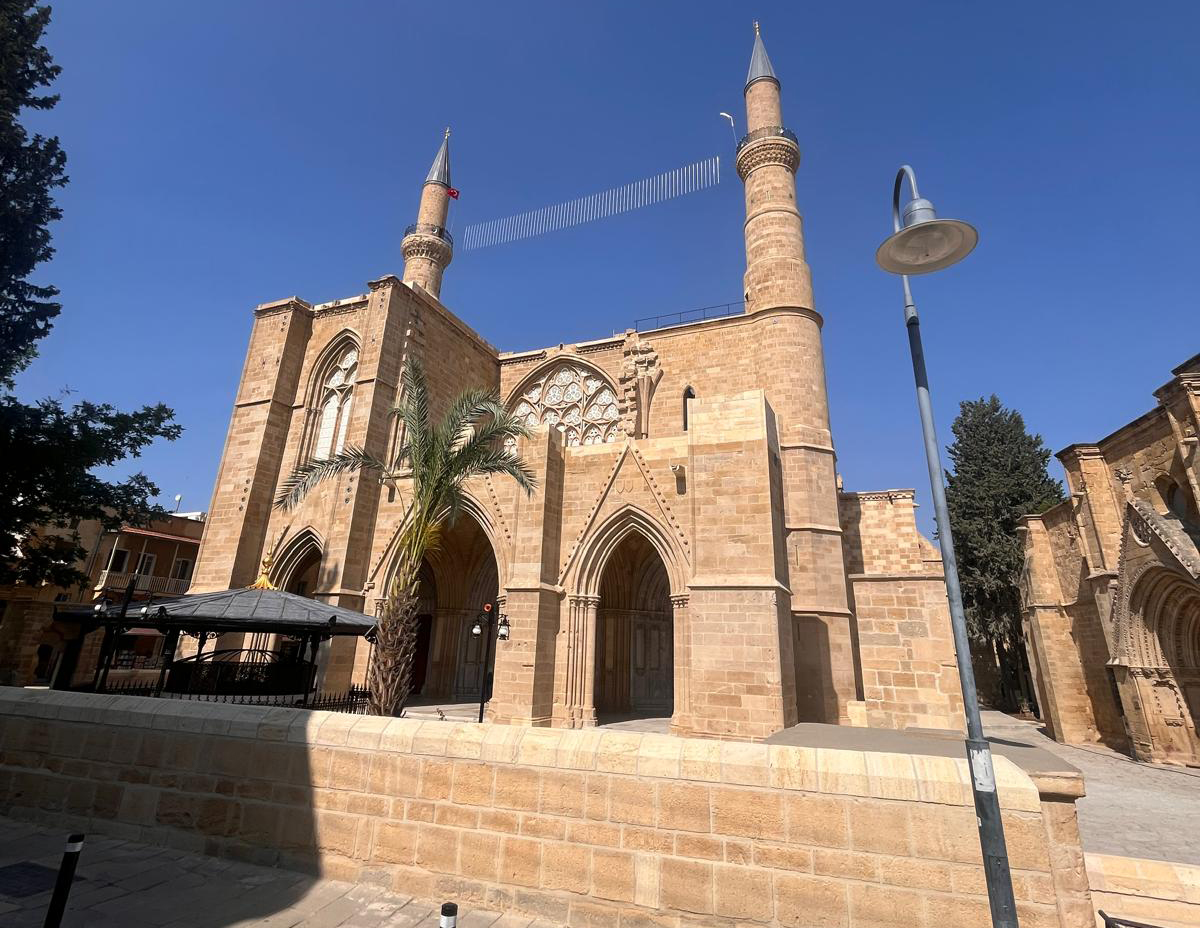There is much to look forward to as the island’s annual festival gains ground globally
Every edition of Cyprus Film Days is subtly different to all the others. This year’s – the 23rd, would you believe, taking place on April 4-12 – will surely go down in CFD history as (a) the one with the David Lynch films, and (b) the one where Glocal Images was almost as good as Viewfinder.
The first part is self-explanatory: the great David Lynch died in January, and the festival is honouring his memory with three of his movies – but it’s also a reminder of some earlier CFD incarnations, when they used to show oldies alongside the new titles.
Hardened veterans may recall such esoteric fare as The Fighter, an Indonesian action flick from the early 80s (!) – screened in a strand called ‘Vendetta Cinema’ in 2013 – or The Unholy Three (1930), shown a year earlier as part of a programme from the days when silent films were giving way to Talkies.
Alas, the audience wasn’t there for such treats, and the fest has stuck to new films for the past few years – but hopefully the success of the Lynch tribute (if it is a success) can change all that. It does feel like the local audience – bolstered by expats and digital nomads – may be more ready now, Gen Z (which grew up watching esoteric fare on YouTube) having more adventurous tastes than its forebears.
In any case: the three David Lynch films are Blue Velvet (1986) – one of his greatest, and an excellent gateway – and two slightly messier, but still very vivid dreamscapes, Wild at Heart (1990) and Lost Highway (1997).
All are being shown once in Nicosia and once in Limassol, that being the organising principle of Cyprus Film Days: every film shown twice (and twice only), all films screened with Greek and English subtitles, the Cypriot ones also with Turkish subtitles. There’s a €30 festival pass, valid for all screenings, otherwise it’s €5 per screening.
And what of the second distinguishing trait cited above? What is Glocal Images, and why should we care if it’s almost as good as Viewfinder?

CFD has two main sections – plus one smaller one, Children & Youth, rather quixotically trying to wean kids off Disney with sometimes-didactic kidpics (this year there’s also a Short Film Competition, aimed at young people generally). Glocal Images is the fest’s competitive section, with an international jury and €17,500 in prize money. Viewfinder is a kind of Greatest Hits section, showing a sampling of last year’s most acclaimed movies.
Inevitably, films in Glocal Images are more obscure than those in Viewfinder. This year, however – for the first time ever – the two hottest tickets are in Glocal: Toxic, a Lithuanian drama that won the Golden Leopard (top prize) at Locarno, and April by the brilliant, not-for-everyone Georgian director Dea Kulumbegashvili, which won a Special Jury Prize at the Venice festival.
This is big news – because films in Glocal have to apply to be part of the competition. If the filmmakers behind major movies are consciously choosing CFD as one of their launching pads, that speaks volumes for its growing prestige on the festival circuit.
Alas, I haven’t seen any of the 10 competition titles – though I have seen Beginning, Kulumbegashvili’s debut from 2020, and based on that bold, pitiless psychological drama I’d watch anything she sets her mind to.
Also exciting is the presence of three Cypriot films among the 10 in Glocal. Together Apart, the fourth film by restless veteran Aliki Danezi-Knutsen, sets a separated couple on a remote island. Smaragda – starring Niovi Charalambous as a former kids-TV host, now middle-aged and living in her mum’s old house in Ayia Napa – is the debut of Emilios Avraam who previously edited Tonia Mishali’s Pause, another tale of female ennui; it’s already played in the First Feature Competition at the prestigious Tallinn Black Nights festival.
Most excitingly, perhaps, The Sock, the third film by Kyros Papavassiliou – who was also at CFD last year with Embryo Larva Butterfly – is a comedy that was made guerrilla-style on a shoestring budget, starring the director himself, without the usual rigmarole of attending workshops and waiting for funding. More local filmmakers should do this!
The other five Glocal titles – besides Toxic, April and the Cypriots – are something of a lottery, though we’d single out Ghost Trail which played at Cannes (as a special screening). The five in Viewfinder, on the other hand, are a sure thing.

Thus, for instance, All We Imagine as Light, winner of the Grand Prix at Cannes, one of 2024’s most acclaimed movies – and a lovely ode to Mumbai as a “city of illusions”, shimmering piano over images of night, rain, street stalls and hubbub.
Admittedly, director Payal Kapadia has Hollywood instincts – star-crossed lovers battling religious bigotry, that sort of thing – and both heroines’ stories are comparatively dull. Still, this is one of those films you can recommend to anyone.
The audience for Queer is more specialised, despite the presence of Daniel Craig, 007 himself – not so much for the queer angle, more because this William Burroughs adaptation soars into all-out surrealism in the final section. The second film directed in 2024 by Luca Guadagnino is mournful and maudlin, where the first one (Challengers) was youthful and fizzy. The look, however, is remarkable, the lighting giving everything a copper sheen, as if caught in amber.
No director can match the achievement of Mohammad Rasoulof – who had to flee Iran to avoid a prison sentence after making The Seed of the Sacred Fig.
The first half of this very long movie, showing the impact of the Mahsa Amini riots as experienced by one middle-class Iranian family, is masterful, vividly making the point that religion, like any ideology – like the titular fig, taking over the host tree and strangling it – finally poisons those tasked with enforcing it. The second half sags a bit, then rallies with a powerful climax. Rasoulof, meanwhile, now lives in exile in Germany.
Faruk is the outlier here, a Turkish meta-fiction that wasn’t among last year’s big titles (though it won a prize at Berlin). Still very charming, director Asil Özge making a film about her dad Faruk, a 90-something non-actor who, in the film (and real life as well?), is struggling to retain his independence in the midst of Istanbul’s “urban transformation” and the unspoken – but unmistakable – spectre of death. A bit disorganised, but very poignant.
Saving the best for last: Souleymane’s Story is the tale of an African (actually Guinean) asylum seeker in Paris – but any preconceptions you may have are sure to be shredded by this propulsive, madly exciting drama, crafting nail-biting tension from the precarious existence of a quote-unquote ‘economic’ migrant. The final sequence is a bit too theatrical – but it does explain why newcomer Abou Sangaré beat the likes of Ralph Fiennes at the European Film Awards. Bottom line? Thanks, Cyprus Film Days.
Screenings at the Zena Palace in Nicosia and the Rialto in Limassol. Full programme at cyprusfilmdays.com







Click here to change your cookie preferences